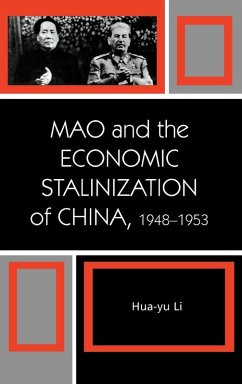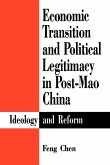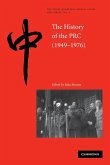In the first systematic study of its kind, Hua-yu Li explains why, in 1953, Mao suddenly changed direction in economic policy and launched China on a Stalinist road to socialism. In so doing, he profoundly changed the country's economic and political landscape. Including rich archival materials recently released from China and Russia, this book carefully examines Mao's ideological orientation and his relationship with Stalin. Li argues that Mao made this policy shift for two reasons: his commitment to Stalin's ideas as expressed in an influential historical text compiled under Stalin's guidance on the Soviet experience of building socialism and his competitive zeal to surpass Stalin by building socialism in China faster than Stalin had achieved it in the Soviet Union. The timing of the change arose from Mao's belief that China was ready to begin building socialism and from his interpreting an ambiguous statement Stalin made in October 1952 as an endorsement of the policy shift. Situating its analysis within the larger context of the world communist movement, this carefully researched book will have a profound impact on the fields of communist studies and Sino-Soviet relations and in studies of Mao, Stalin, and their relationship.
Hinweis: Dieser Artikel kann nur an eine deutsche Lieferadresse ausgeliefert werden.
Hinweis: Dieser Artikel kann nur an eine deutsche Lieferadresse ausgeliefert werden.








